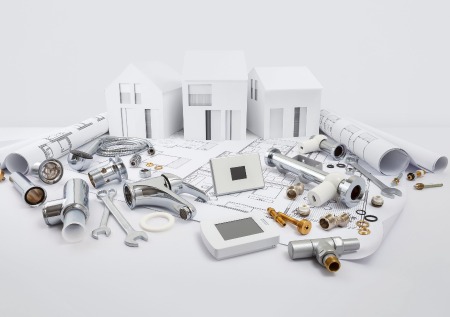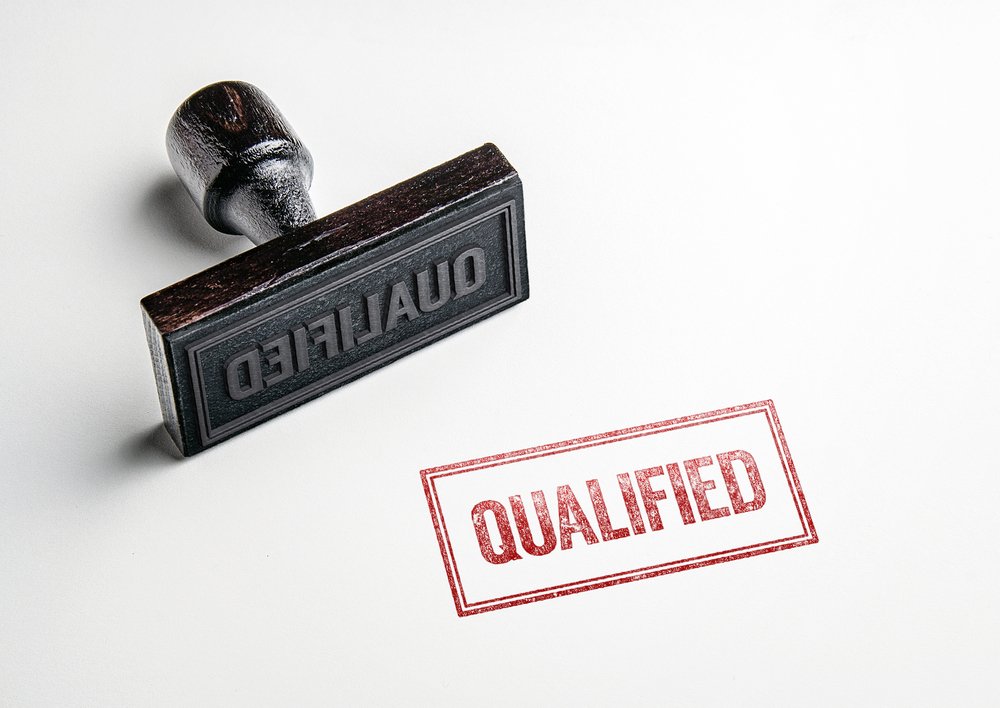One of CIPHE’s longstanding Industrial Associates is Bathroom Manufacturers Association.
Who is BMA? Find out more in the guest blog below:
About: The Bathroom Manufacturers Association (BMA) is the trade body for all manufacturing businesses supplying the UK bathroom market. It has over sixty full members who manufacture bathroom products and over twenty-five additional affiliate members, ranging from SMEs to large multinational corporations. Manufacturing around the globe, BMA members all have a UK entity. They directly employ over 10,000 workers in the UK and support hundreds of thousands more jobs in the installation and retail sectors.
Bathroom manufacturing has a significant multiplier effect, supporting hundreds of thousands of jobs in the supply chain, retail and installer base. The collective sales of our membership have a retail value of £4 billion, covering an estimated 80% of the market by value. Bathroom manufacturers make a significant contribution to ‘UK plc’.
Our focus and mission
The bathroom sector, often overlooked, plays a crucial role in the daily lives, health, and safety of the British public. The functionality, hygiene, and design of bathroom products directly impact the quality of life for everyone in the nation. As representatives of this vital industry, the Bathroom Manufacturers Association (BMA) is dedicated to promoting its significance and advocating for continuous improvement.
The BMA has three current areas of primary focus: reducing our environmental impact, raising standards, and understanding and growing the market.
On sustainability and the environment, our members are already doing a lot to improve their green credentials. We’re helping them take the next step, whether on water efficiency, reducing waste, or making operations have less environmental impact. However, the path to decarbonisation in the bathroom industry is not simple for two main reasons. First, the UK bathroom manufacturing sector is deeply intertwined with complex and well-established global value chains. This presents challenges in accurately measuring and reducing carbon emissions. Second, in certain product categories, especially showers, most carbon emissions occur during the use phase, which is beyond manufacturers’ control. Therefore, we need assistance from policymakers in navigating our industry's journey towards a net zero future.

On raising standards and product compliance, BMA members spend lots of time and money to make sure products comply with international standards and national regulations. Sadly, not all companies do the same, selling consumers short and risking their safety. Regulating products in our industry can be a complex endeavour. Bathroom products, specifically, fall at the intersection of regulations governing consumer goods, water supply protection, and construction products. Unfortunately, these regulations often prove excessively convoluted, making it challenging for manufacturers, let alone consumers, to comprehend. Consequently, numerous non-compliant bathroom products flood the UK market with impunity, undermining responsible manufacturers, deceiving consumers, and potentially jeopardising their safety. It’s our mission to improve product compliance in the UK marketplace.
On understanding and growing the market, we regularly share how the economy will affect our sector and what steps we can take to increase and maintain growth.
In addition, the BMA has always been at the forefront of championing the global aspirations of its members, especially those with strong ties to the UK in their value chains. Our primary focus has been to amplify their international trade presence, with a specific emphasis on the expansive US market. The bathroom market in the United States is immense, being 60 times larger than the UK market in terms of value, and it has shown a remarkable appetite for British products.
Support from the Department for Business and Trade (DBT) would be welcome and make a significant difference to our growth aspirations and economic prosperity.
We work on all these focus areas by providing networking forums, hosting regular webinars and events, sharing important information with our members through fortnightly bulletins, our websites, social media, the press, our quarterly Insights publication, and influencing critical stakeholders.
In addition, the BMA voices its concerns across many policy areas, including improving skills across the sector, housebuilding and retrofitting, and health and wellbeing. On improving skills and addressing the skills challenge, there are two crucial areas to focus on:
Availability of tradespeople and the skills challenges
The bathroom manufacturing sector faces a growing challenge: an acute shortage of skilled plumbers and bathroom installers. This shortage, exacerbated by an ageing workforce, threatens not only the future expansion of the market but also the consumer's ability to execute renovation projects efficiently. Every area of the industry stands to experience increased lead times and potential reputational harm unless swift measures are taken.

Training and apprenticeship programs are in place, as is the funding for training. Together, industry groups like BMA, BIKBBI and CIPHE are working to make the industry attractive to new entrants. However, the structure of the installation and plumbing trades is a problem: many thousands of micro-businesses lack the capacity and motivation to recruit apprentices and trainees. There must be a concerted effort to boost recruitment and ensure retention. The government should establish a task force to identify and propose policies to address barriers to apprenticeship recruitment in fragmented sectors.
Professionalisation of installation
Ensuring high-quality installation is crucial not only for product standards but also for the safety and performance of the products themselves. Professional bodies, like CIPHE, actively maintain lists of qualified installers, providing the public with access to proficient professionals. However, a regulatory loophole allows anyone to establish a plumbing business without qualifications. Similarly, there is no requirement for training or experience to claim the title of a bathroom installer.

This has led to the emergence of rogue operators who compromise safety and quality. Therefore, the BMA advocates for the following measures:
- Title protection: The government should introduce statutory licensing to reserve the title "plumber" for fully qualified professionals.
- Installer recognition: Similar recognition should be given to "bathroom installer" for those registered with the British Institute for KBB Installation.
- Mandatory CPD: Implement evidence-based, continuous professional development for the plumbing and heating industry, as well as for registered bathroom installers.
While addressing the lack of skilled and licensed plumbers is only a part of our rallying call, it is of utmost importance. Our products can’t be expertly fitted without these professionals, leaving consumers with poor outcomes and a sub-standard experience.



